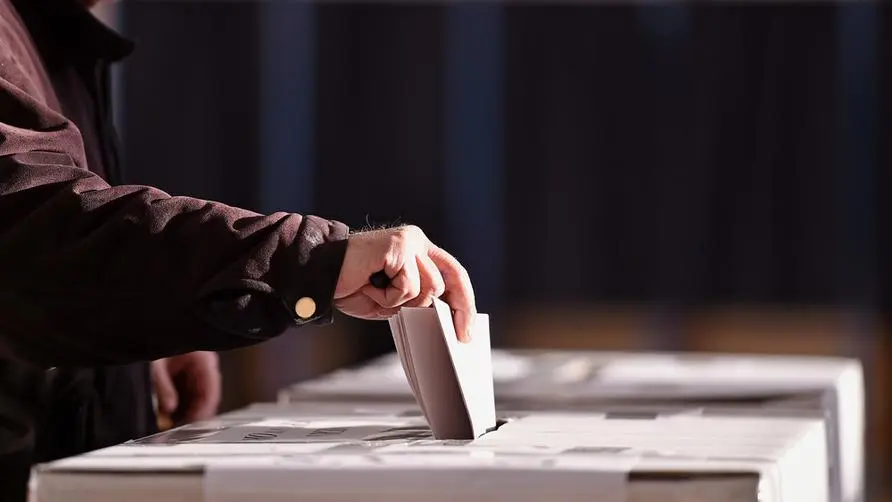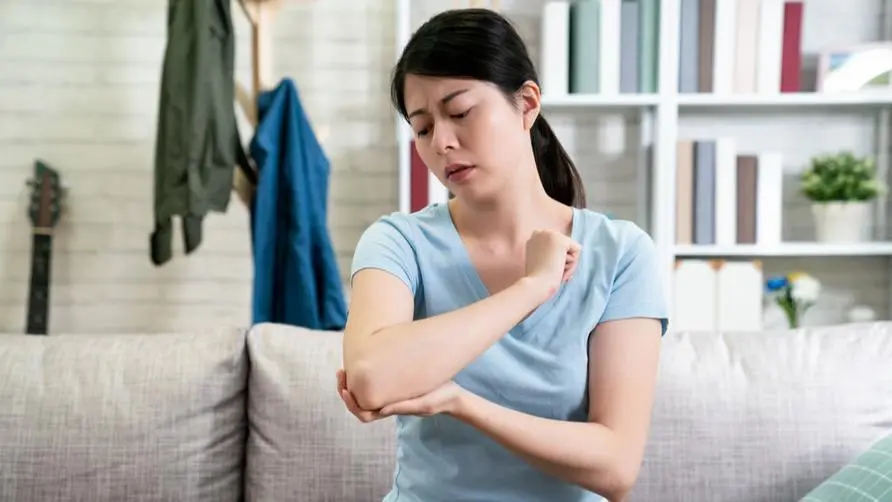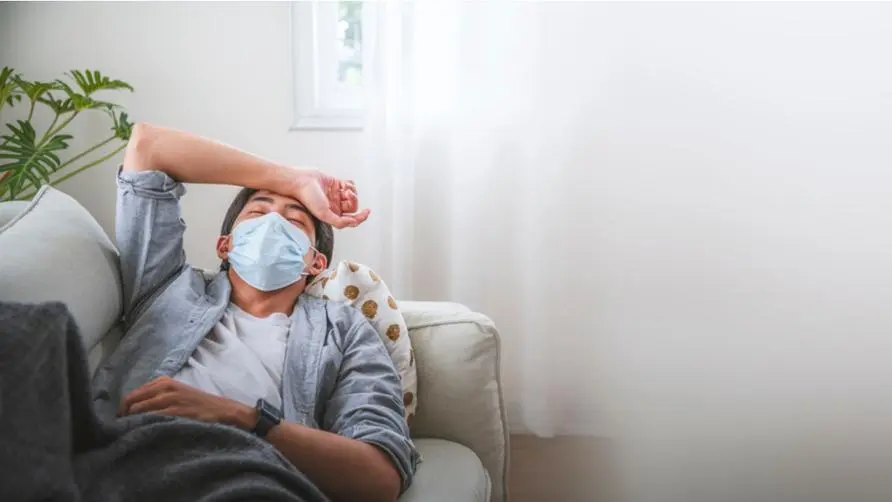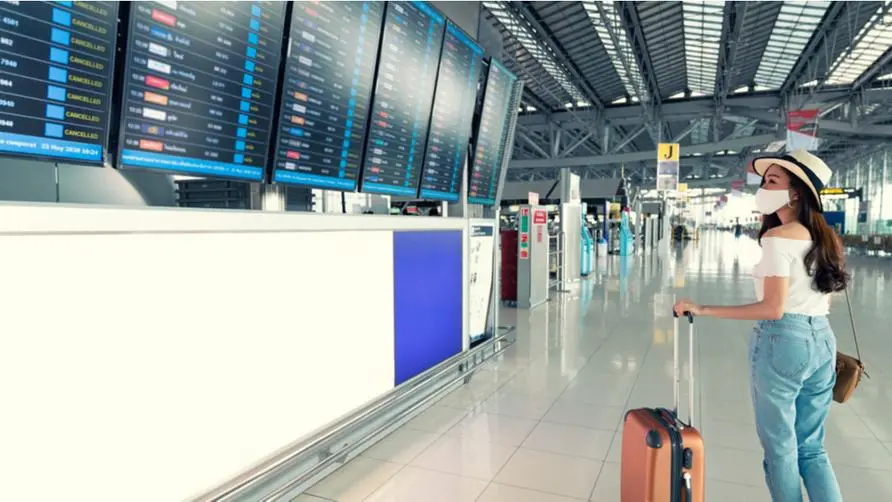Are you worried about catching the epidemic when you go out to vote? Minutes to prevent medical exposure: "One thing" to do 2 weeks before election

November 26 (Saturday) coincides with the “local civil service election” held every four years. Many people are worried that voting will increase the chance of diagnosis. Dr. Jiang Guanyu, the attending physician at the Department of Integrated Medicine, Taipei City Hospital Zhongxing Branch, said in an exclusive interview that in fact, as long as basic epidemic prevention measures are implemented, the risk of infection can be avoided, while citizens’ rights and interests can be fulfilled and voting procedures can be completed safely.
Do I need to worry about getting infected when voting? Medical exposure has the highest probability of “2 timing points”
Dr. Jiang Guanyu further stated that the risk of contracting the epidemic from voting often occurs in two incidents of “repeated touching”: one is when the household registration is confirmed, and the personal seal is handed over to the election personnel and then returned to the person; the other is when the individual is voting. You need to touch the pen stamp to complete the voting procedure. Especially when using a pen stamp, it has been touched by dozens or even hundreds of people in front of it, and the chance of the virus staying on the pen body will also increase significantly.
Dr. Jiang Guanyu pointed out that when people experience the above two events, they must remember to avoid touching their “eyes”, “mouth”, and “nose”, which can basically reduce the risk of infection; after completing the voting process, they must at least wash their hands with dry hands. Clean before leaving. If people are worried that repeated contact will increase the risk of infection, they can choose to go to the polling station in the morning to complete the voting process early.
How can people and election officials prevent the virus? Don’t touch “these parts” when voting
There is a rumor on the Internet that wearing “surgical gloves” to vote can reduce the risk of repeated touching. Dr. Jiang Guanyu clarified that wearing gloves is not necessary for the general public. The virus will still stay on the gloves. If you inadvertently touch your eyes, mouth, and nose, you may still be infected with the virus. As for “election workers”, they can wear gloves according to the situation, but they also need to remember to avoid scratching their heads, picking their nostrils, rubbing their eyes, etc.
Dr. Jiang Guanyu also suggested that election officials should keep the doors and windows of polling stations open and remove curtains to ensure ventilation of the environment to reduce the retention of viruses indoors and minimize the risk of aerosol transmission. Importantly, electoral staff will be exposed to a large number of people, so it is necessary to provide adequate hand washing support. Relevant units may also consider deploying additional manpower and making more use of dry hand disinfection to eliminate germs.
Will “Black Number” voting lead to the expansion of the chain of transmission? Elderly people should get the bivalent vaccine quickly
As for whether we should worry about unreported confirmed cases going to vote, causing the chain of transmission to expand? Dr. Jiang Guanyu explained that there must be many people who will still risk their lives to vote even if they are infected with the epidemic. The situation of a large number of “black numbers” pouring into the polling stations can be taken as a precaution. Therefore, it is still important to implement your own epidemic prevention. Wear a mask tightly and maintain social distance when queuing to vote. It is most practical to avoid touching your mouth and nose when voting.
“The surge in black numbers in Taiwan after the voting is foreseeable. As long as there are people gathering in crowds, the number of confirmed cases will rise.” Dr. Jiang Guanyu pointed out that the large-scale spread of the Delta virus last year may be due to the Indian election, when a large number of Caused by crowds of people. However, as long as the public implements epidemic prevention and various polling stations are prepared, the risk of virus spread can be minimized, and there is no need to be too unreasonable.
In the past, it was found that voters were mainly elderly people. Dr. Jiang Guanyu suggested that high-risk groups such as patients with chronic diseases, the elderly, and those with immune deficiencies should receive the bivalent COVID-19 vaccine as soon as possible before the election. Influenza vaccines, pneumococcal vaccines, etc. can also be considered. By applying it according to the situation, even if you are infected with the epidemic, you can avoid the risk of severe illness and death.
“It should be noted that when it comes to necessary human contact, masks, social distance, and hand washing are indispensable. High-risk groups should be fully vaccinated. I believe that even if there are many voters, they can still prevent the virus from invading the body. !”
Further reading:





